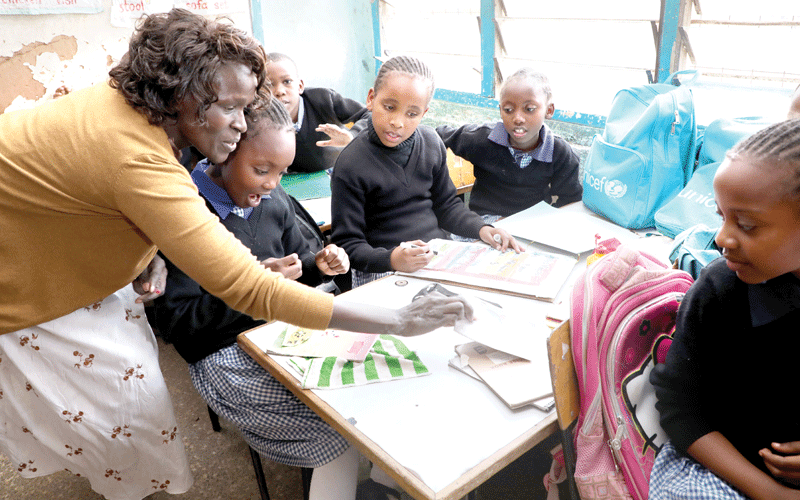Private schools get nod to join Competency-Based Curriculum case

The High Court has allowed more than 10,000 private schools to be enjoined in a case where a parent is seeking to stop the implementation of the Competency-Based Curriculum (CBC).
Justice Antony Mrima yesterday allowed the Kenya Private Schools, Katiba Institute and Kenya Union of Post-Primary Education Teachers to be enjoined in the case as interested parties. The case has been filed by lawyer Esther Ang’awa.
In the case, Ang’awa, a parent, wants the court to bar the State from further implementation of the new curriculum pending the hearing and determination of her case.
In his brief ruling, Justice Mrima directed all the interested parties to file in court their formal applications by close of business on Friday.
The judge did not, however, suspend the CBC as sought by Ang’awa through her lawyer, Law Society of Kenya (LSK) President Nelson Havi saying he will give further directions on September 28.
The judge also directed Havi to serve all the respondents in the case including Cabinet Secretaries George Magoha and Fred Matiang’i, Kenya Institute of Curriculum Development, Kenya National Examinations Council, Teachers Service Commission, Kenya National Union of Teachers and the National Assembly with the petition.
Matiang’i and Magoha had opposed the application by interested parties to be enjoined in the matter.
Ang’awa wants the court to suspend further implementation of CBC pending the hearing and determination of the case.
She further seeks the case to be referred to Chief Justice Martha Koome for assignment of an uneven bench to hear and determine the matter.
She further wants the court to issue conservatory orders staying further steps towards the implementation of CBC to prevent further denial, violation or infringement of rights of children to education and free and compulsory basic education is concerned.
She argues that that the new education system has imposed an economic burden on children, teachers, parents and caregivers.
The lawyer cites instances of procuring course books, learning materials and curriculum designs ‘without regard to the real dynamics of the Kenyan population and the needs of the society’.
The lawyer also argues that actions by Magoha and his team to introduce the new curriculum to replace the 8-4-4 system is unconstitutional and unlawful.
“That the actions of the first to the four respondents as set out in the petition are unconstitutional and unlawful, are prejudicial to the future of the children and ought to be halted pending the determination of the questions raised,” she argues.








